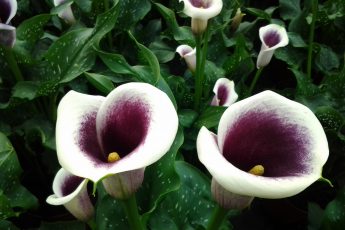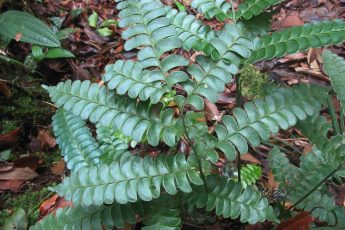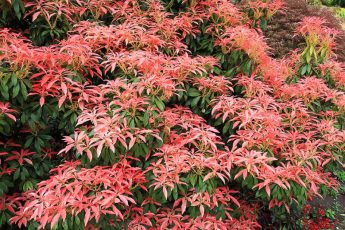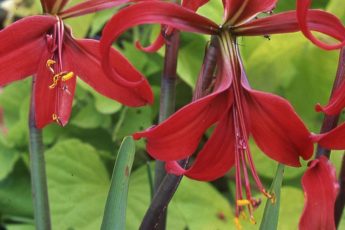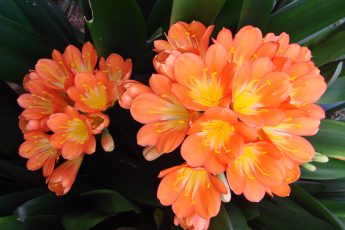Gasteria, a member of the Asphodelaceae family, is a unique and captivating succulent originating from the arid regions of South Africa. Known for its resilience and ease of cultivation, Gasteria is a favorite among both novice and experienced gardeners. Its striking appearance and minimal requirements make it an excellent addition to any collection of houseplants.
Understanding Gasteria’s Characteristics
Gasteria plants usually reach a height of 25-30 cm indoors, while in their natural habitat, they can grow up to 1 meter. However, don’t expect a rapid transformation, as they are slow-growing, with the stem extending just a few centimeters each year. This succulent has a remarkable lifespan, thriving for 5 to 20 years or even longer with proper care.
Optimal Conditions for Gasteria
To ensure your Gasteria thrives, understanding its environmental needs is crucial. During summer, it prefers temperatures ranging from 73.4-77 °F, while in the cooler months, temperatures around 50-59 °F are ideal. Low humidity levels are sufficient, making it well-suited for indoor environments.
Despite its love for bright light, Gasteria favors scattered sunlight over direct rays, which can cause leaf burns. It can adapt to shaded areas, though this might result in paler leaves. Finding the right balance in lighting will help maintain its vibrant appearance.
Soil and Watering Requirements
The soil composition for Gasteria is fairly simple. You can opt for commercial soil mixes designed for succulents, or prepare your own using turf, garden soil, and coarse sand. Adding charcoal and brick crumbs can improve drainage. It is important to avoid peat, as it doesn’t suit Gasteria’s needs. Proper drainage is crucial to prevent root rot.
The watering routine should be adjusted according to the season. During the growing season, allow the top layer of soil to dry out between waterings, typically watering once a week. Reduce watering in winter to once or twice a month, ensuring the soil dries thoroughly between intervals.
Fertilizing and Propagation Techniques
Gasteria benefits from occasional fertilizing during its growth period. Use cactus-specific fertilizers or dilute complex fertilizers every 1-2 months to provide necessary nutrients.
Reproduction can be effectively achieved through the division of ‘pups’ or offsets, stem or leaf cuttings, all of which should be dried before planting. Rooting is best done in peat or sand. For children, planting directly into permanent soil is beneficial. Apex propagation is ideal for rejuvenating older plants, rooting them in sand.
Blooming and Repotting
Gasteria typically blooms in spring or early summer, showcasing a long flower spike adorned with drooping red-orange bells—a sight to behold. As the plant grows, repotting should be considered every 2-3 years during spring.
A shallow pot is recommended, as Gasteria does not fare well in deeper containers. This routine prevents overcrowding and allows the plant to expand naturally.
Caring for Gasteria: Tips and Challenges
During summer, placing your Gasteria outdoors can prove beneficial. However, be vigilant of pests like spider mites, scale insects, and mealybugs. Regularly removing dry leaves from the base can prevent infestations.
Be attentive to signs that may indicate care issues: fading, pale, or yellow leaves may signal overwatering or a lack of light, while brown, dry patches could indicate sunburn. Simply adjust the care routine to address these issues promptly.
Gasteria, with its easy-going nature and stunning aesthetics, can be a delightful addition to any succulent collection. By adhering to the basic care principles outlined above, you can enjoy a healthy and thriving plant that adds elegance and character to your indoor or outdoor spaces. Its low-maintenance lifestyle and striking appearance make it an ideal choice for both beginners and seasoned plant enthusiasts.


